Google threatens to dump Google News in Australia
Google has refused to rule out axing its Google News product in Australia, a move that could allow misinformation to thrive unchallenged on its platform.
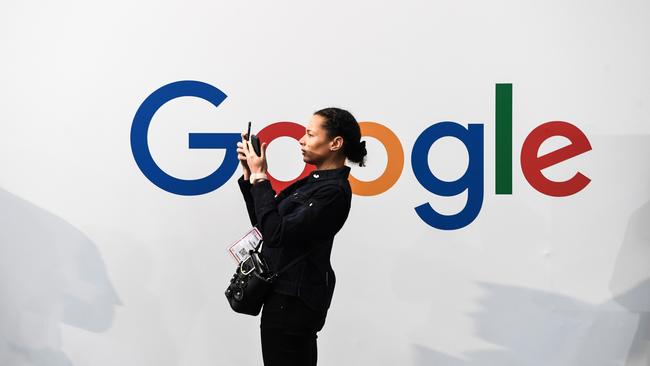
Google has refused to rule out axing its Google News product in Australia, a move that could allow misinformation to thrive unchallenged on its platform and allow rival tech companies to swoop in and steal market share.
The government announced on Friday it would introduce new legislation forcing the tech giants to treat media companies fairly, and pay them for using content after years of taking it for free.
Tech giant Google could walk away and remove its news offering in Australia altogether, as it did in Spain in 2014 when forced to pay publishers there.
When The Australian asked if it was considering the option, a Google spokesman said: “It’s too early to say, but all options are on the table.”
That statement sparked concerns Google’s Australian users – about 22.31 million – may not be able to access reliable news.
“I can imagine more people walking away from Google and using other search engines if Google doesn’t support trustworthy news,” Journalism Education and Research Association Australia president Alex Wake told The Australian. Dr Wake added the pandemic had highlighted the need for trusted news from appropriately trained journalists.
“People generally don’t trust news found on the internet, but prefer to go to the mastheads they trust,” she said. “There is too much bad information out there. Small publishers which have strong links to their communities – be it geographical or by interest – need to continue to build that.”
There are severe implications for Australians if Google walks away from news. When searching for “coronavirus”, for example, users may not be referred to information from verified news outlets. If Google is unable to reach a deal with News Corp, its users would be unable to view any of the Herald Sun’s exclusive “Lawyer X” stories, or The Australian’s groundbreaking COVID-19 coverage.
Microsoft’s search engine, Bing, has just 3.61 per cent market share in Australia, but may see an opportunity to challenge Google if its rival walks away from news.
Google’s Australia and New Zealand managing director, Mel Silva, said in an interview with the ABC on Friday: “Over the last month or so we’ve announced plans to come to the table with a content licensing deal. We want to hope that those can continue and in that there’s going to be some framework that enables the commercial reality to take place.
“So that’s our goal right now, but nothing’s off the table.”
The degree to which news matters to Google is disputed by the tech giant. Google has claimed it makes only $10m a year in revenue from news in Australia, though News Corp Australasia executive chair Michael Miller has said modelling shows the figure could be as high as $1bn, a figure echoed by former senator Nick Xenophon, who helped spark the ACCC inquiry. Nine chair Peter Costello has estimated the tech giants should pay media companies around $600m.
For Google to abandon its News platform would not be without precedent. Spain in 2014 passed legislation forcing tech companies to pay for news, and Google opted for the “nuclear option”, shutting down its News website there. It’s still closed.
If Spanish users try to access news, they are met with the message: “Legislation in Spain requires every Spanish publication to charge services like Google News for showing even the smallest snippet from their publications, whether they want to or not.
“This approach is not sustainable for Google News.” A year after Google News shut down, the Spanish Association of Publishers of Periodical Publications conducted a study into the changes, and found its exit harmed publishers, particularly smaller entrants.
ACCC chair Rod Sims said on Friday that even if Google were to abandon Google News, the mandatory bargaining code would still apply to the company.
“They can close the Google News service, but provided there is any news at all, domestic or international, shown on any Google service, such as search or YouTube, then they’re caught by the code and all the mechanisms.”

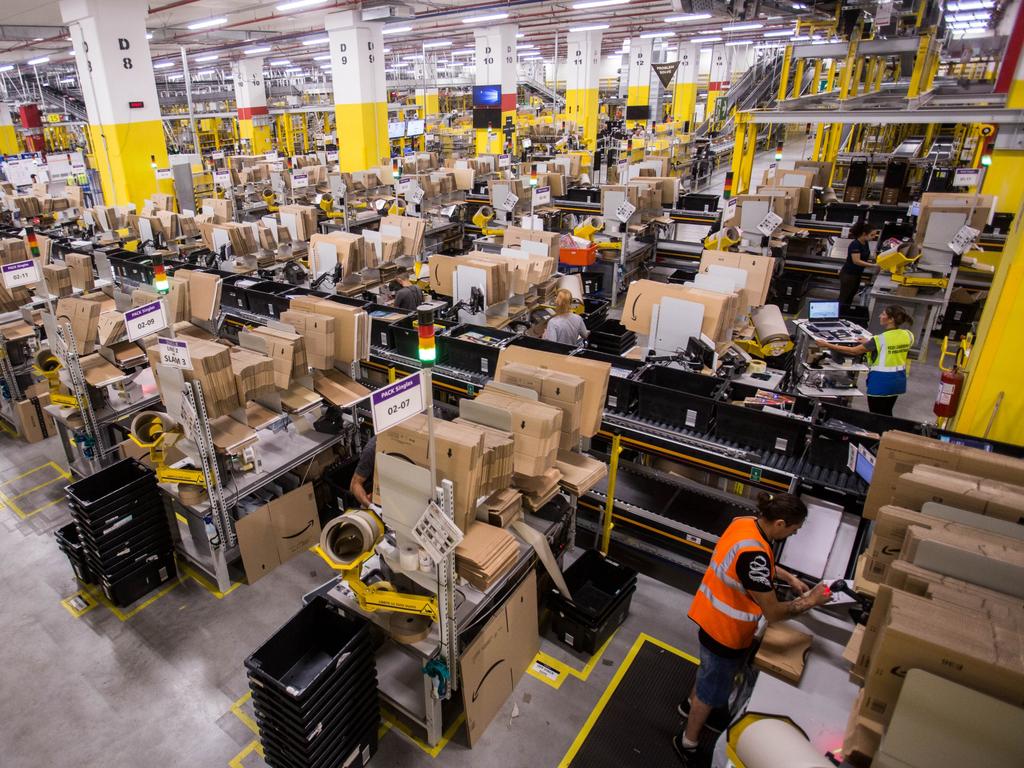
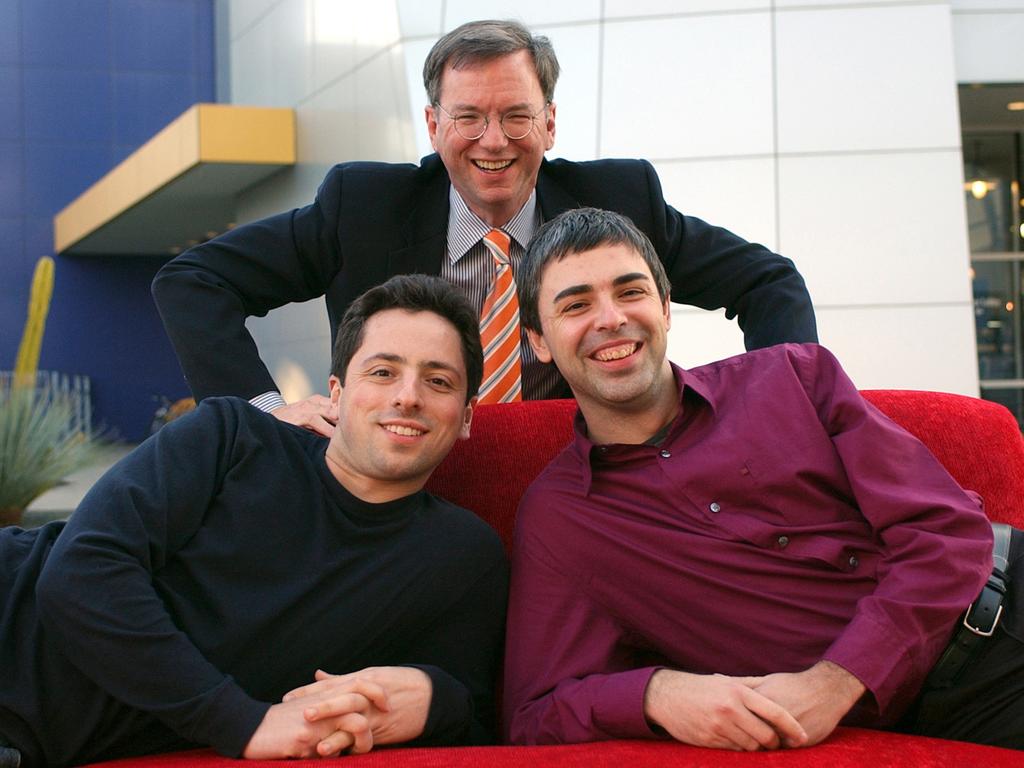
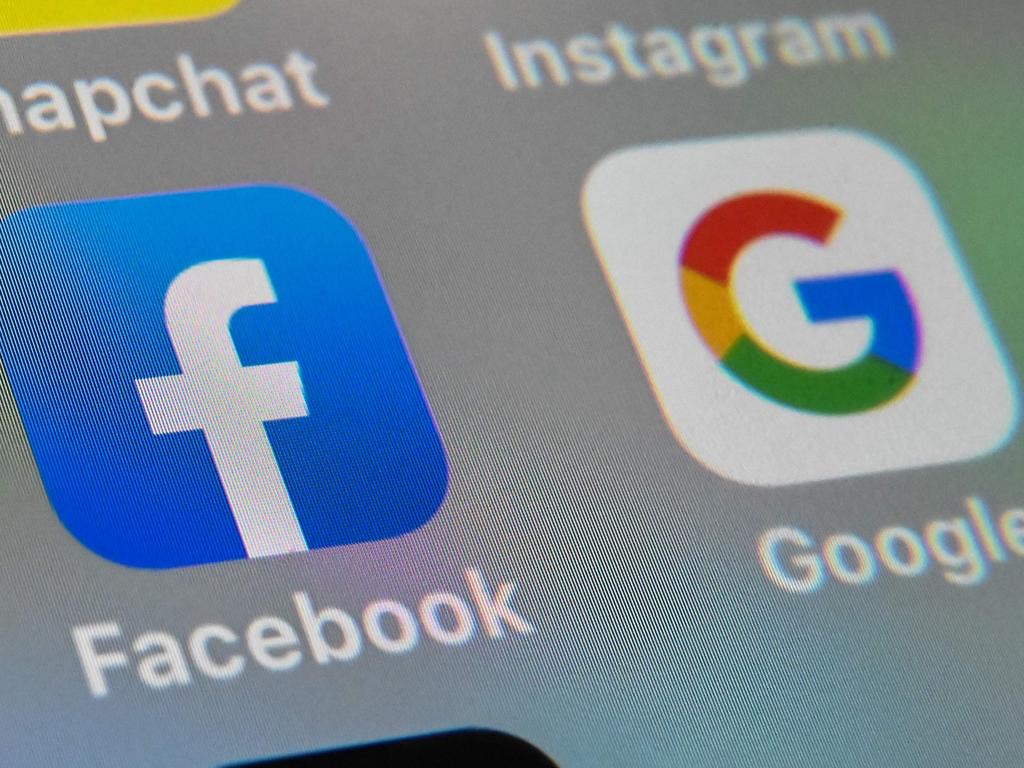
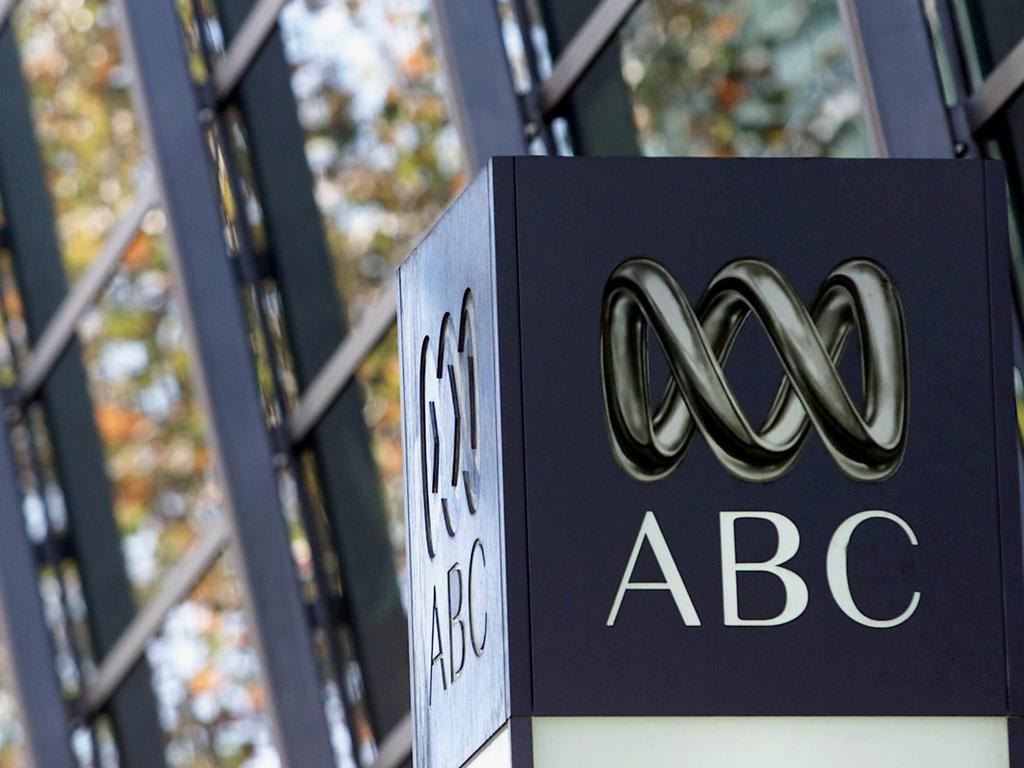


To join the conversation, please log in. Don't have an account? Register
Join the conversation, you are commenting as Logout